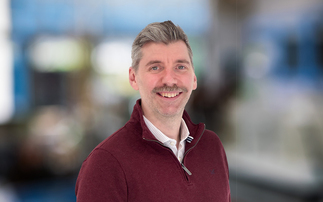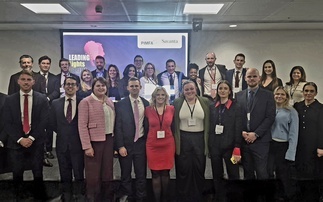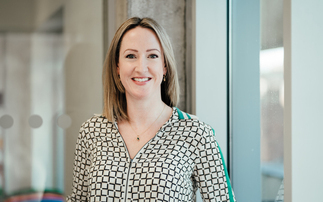LifeSearch has announced it is working towards partnership status in the next five years with profits shared among staff.
Lifesearch's annual results for 2014 showed a 9% increase in turnover to £19.8m with a 12% increase in gross profit to £5m and pre-tax profit increased by 36% to £1m.
Tom Baigrie, CEO of Lifesearch said: "We're going to muddle down the road, explore the road, see if it works, see if this is true and turn ourselves into a partnership maybe in five years time properly and legally if it is right, if it delivers what I want it to deliver."
Baigrie announced the decision to become a partnership and the firm's annual results at the LifeSearch awards at Haberdashers' Hall in The City.
Staff will receive profit shares on top of their pay with the first already having been distributed. The smallest share was worth £800 for staff who had been at LifeSearch for three years or more, according to Baigrie.
Baigrie said: "When you get into the advisory business, it's almost as if you have to be trading at low margins to be equitable.
"And that means you're not going to make a fortune for shareholders, because your margins are never going to be that great."
He added: "The logical corollary for that is that you kick out the shareholders and you set up as a partnership. If you think about lawyers, accountants and doctors, the people that actually deal with ordinary people, they don't make fortunes.
"They can be very well paid, but they don't make billions or multimillions for shareholders. The corporates such as PwC might but that's different. I'm talking about ordinary people and giving retail advice to people like us.
"I don't think financial services is any different, and I think the partnership model is probably the right way to do it. The adviser sits with the customer and they do a deal, and there is no third party."
"Radical"
Baigrie said: "So we are now doing something very different indeed at LifeSearch! We are setting out on a (very cautious 5 year road) to turn ourselves into a partnership.
"We will look to make our people relatively very well paid, but not to create vast capital values for our shareholders."
He added: "So we are setting out on a radical, even post-modern, business path, one aimed at defining (in this market, but perhaps as an exemplar for others) a new way of ensuring consumers get the best financial services advice for them, one where advisers and consumers do better at the expense of shareholders.
"Advice needs something to reverse its gradual decline, maybe we can pioneer a new way."











